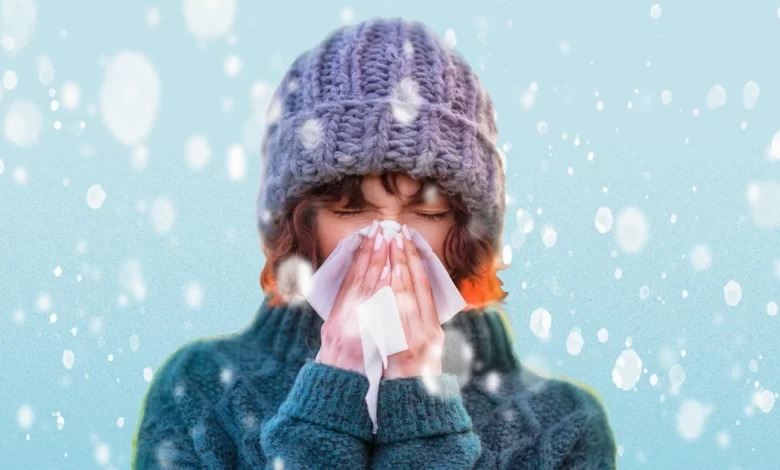Why we are more likely to get viral infections in the winter? The problem is your nose

The reborn myth
Science has finally found out why we get more colds and flus in the winter. And our grandmothers were right: it’s because of the cold. When our nasal walls detect a virus or bacteria, they release extracellular vesicles, a kind of cloud of particles that attack intruders as soon as they enter our nose. These vesicles serve as bait for viruses, which stick to them rather than heading for the cells they would normally target. A kind of first line of defense against viruses.
The cold slows us down
However, a recent study from Northeastern University, published in the Journal of Allergy and Clinical Immunology, showed that when the temperature of our nose drops by five degrees, the production of these particles decreases by half. Tests on human tissue have indeed shown that twice as many vesicles were emitted at 37 degrees than at 32 degrees. A virus therefore has twice the risk of reaching our body if our nose is cold. According to Dr. Benjamin Bleier of Harvard University, this is the first plausible explanation that has been developed.
The mask, take 2
The work could be valuable for the development of procedures to stimulate the natural production of extracellular vesicles. We could therefore better fight colds, and even the flu or COVID-19. So we have one more reason to wear a mask: to keep our noses warm.












